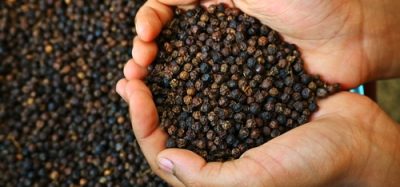Human milk oligosaccharides during pregnancy
- Like
- Digg
- Del
- Tumblr
- VKontakte
- Buffer
- Love This
- Odnoklassniki
- Meneame
- Blogger
- Amazon
- Yahoo Mail
- Gmail
- AOL
- Newsvine
- HackerNews
- Evernote
- MySpace
- Mail.ru
- Viadeo
- Line
- Comments
- Yummly
- SMS
- Viber
- Telegram
- Subscribe
- Skype
- Facebook Messenger
- Kakao
- LiveJournal
- Yammer
- Edgar
- Fintel
- Mix
- Instapaper
- Copy Link
Posted: 8 June 2020 | Bettina Gutiérrez (Jennewein Biotechnologie) | No comments yet
Dr. Evelyn Jantscher-Krenn is a well-known researcher and specialist in the field of human milk oligosaccharides, glycobiology, pregnancy and placenta.


She works as a project manager at the Medical University of Graz in the Department of Obstetrics and Gynaecology. Her research focus is the role of human milk oligosaccharides during pregnancy. Bettina Gutiérrez from Jennewein Biotechnologie talked with her about her research.
BG: Your research shows that human milk oligosaccharides (HMOs) circulate during early pregnancy in the maternal blood. What does this mean for the newborn?
EJK: We show that mothers produce HMOs starting as early as 10 weeks of gestation and thus, months before the baby is born. This suggests that babies might already benefit from HMOs before they take their first sip of mother’s milk. Whether HMOs protect the unborn indirectly, e.g. by protecting the mother from infections or facilitating immune and metabolic adaptations during pregnancy, or whether HMOs have direct benefits on the unborn, remains to be elucidated.








